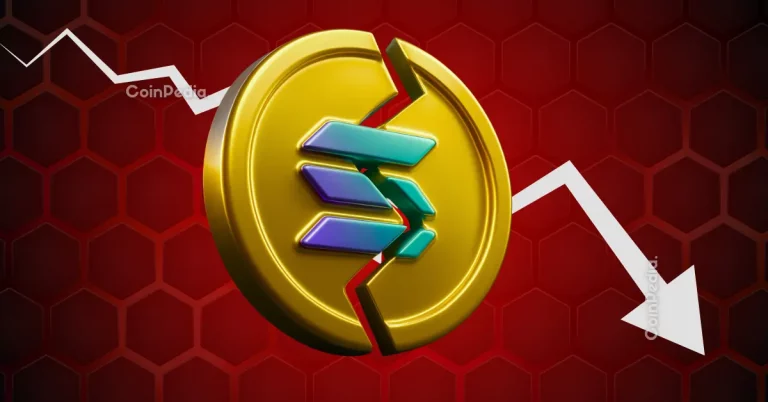
Navigating the Future: Emerging Trends in Fintech Technology
Fintech, or financial technology, is an industry that has experienced rapid growth and innovation in recent years. As technology continues to advance and evolve, we are seeing the emergence of new trends and innovations that are shaping the future of finance. In this article, we will explore some of the most significant emerging trends in fintech technology and what they mean for the industry.
Introduction to Fintech
Fintech refers to the use of technology to improve and automate financial services. This can include everything from mobile payment systems to cryptocurrency and blockchain technology. The goal of fintech is to make financial services more efficient, accessible, and convenient for consumers and businesses alike.
Emerging Trends in Fintech
There are several emerging trends in fintech that are worth noting. Some of the most significant include:
- Blockchain Technology: Blockchain is a distributed ledger technology that allows for secure, transparent, and efficient transactions. It has the potential to revolutionize the way we think about financial transactions and is being explored by companies and governments around the world.
- Artificial Intelligence: Artificial intelligence (AI) is being used in fintech to improve customer service, detect fraud, and optimize financial processes. AI-powered chatbots, for example, are being used by banks and other financial institutions to provide customer support and answer frequently asked questions.
- Mobile Payments: Mobile payments are becoming increasingly popular, with many consumers using their smartphones to make payments and transfer money. Mobile payment systems such as Apple Pay, Google Pay, and Samsung Pay are becoming more widespread, and are changing the way we think about money and transactions.
- Cryptocurrency: Cryptocurrency, such as Bitcoin and Ethereum, is a digital or virtual currency that uses cryptography for security. It is decentralized, meaning that it is not controlled by any government or financial institution, and is being explored by investors and consumers around the world.
- Robo-Advisors: Robo-advisors are digital platforms that provide automated investment advice and management. They use algorithms to create diversified portfolios and offer low-cost investment options to consumers.
The Future of Fintech
The future of fintech is exciting and uncertain. As technology continues to evolve and innovate, we can expect to see even more emerging trends and innovations in the industry. Some of the trends that are likely to shape the future of fintech include:
- Increased Use of AI and Machine Learning: AI and machine learning are likely to play an even bigger role in fintech in the future, as companies and institutions look for ways to improve customer service, detect fraud, and optimize financial processes.
- Greater Adoption of Blockchain Technology: Blockchain technology is likely to become more widespread, as companies and governments explore its potential for secure and efficient transactions.
- More Mobile Payment Options: Mobile payments are likely to become even more popular, as consumers become more comfortable using their smartphones to make payments and transfer money.
- Increased Regulation: As fintech continues to grow and evolve, we can expect to see increased regulation and oversight from governments and financial institutions. This will help to ensure that fintech companies are operating in a safe and secure manner.
Conclusion
Navigating the future of fintech technology requires a deep understanding of the emerging trends and innovations that are shaping the industry. From blockchain to artificial intelligence, these trends have the potential to revolutionize the way we think about finance and transactions. As technology continues to evolve and innovate, we can expect to see even more exciting developments in the world of fintech.






